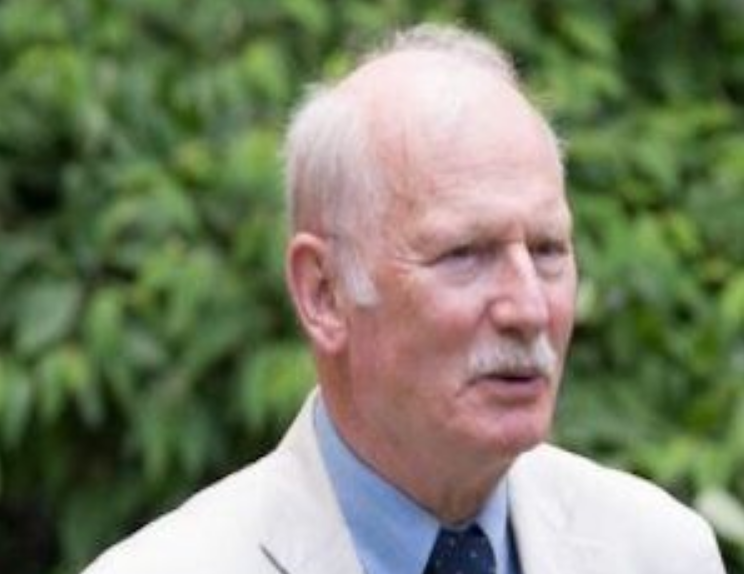This article first appeared at FrontPage Magazine.
In 1974, when Turkish Prime Minister Tayyip Erdogan was president of the Istanbul youth group of the MSP (the Islamist National Salvation Party), he wrote, directed, and starred in a play called Mas-Kom-Ya, which addressed subversive elements in Turkish society: masons, communists and yahudi (Jews). This very same performer has managed to convince gullible Western politicians that Turkey is committed to EU membership. Equally convincingly, he has played to the Arab gallery since his AKP (Justice and Development Party) came to power in 2002.
Erdogan’s tirade against Shimon Peres during a panel discussion at last year’s World Economic Forum in Davos – “you know very well how to kill” – earned plaudits all around the Arab world. The Lebanese daily Dar A-Hayatsuggested that Erdogan should restore the Ottoman Empire and be the Caliph of all Muslims. By some accounts, this has been identified as the driving force behind Turkey’s expansionist foreign policy, which has been dubbed “neo-Ottoman.”
This new course obviously played out in Turkey’s role in the Gaza flotilla incident. According to Debka (an open source intelligence website) the flotilla was personally sponsored by Erdogan, and according to the same source, he is even prepared to sail aboard the next flotilla himself. Some awareness of the consequences must have been know, as a week before the flotilla sailed, Ankara threatened Israel with reprisals if it was impeded.
The connection between the flotilla’s organizer, the Turkish-based IHH (Foundation for Human Rights and Freedoms and Humanitarian Relief), and Hamas is well documented, and it created a stir when Hamas leader Khaled Mashal was officially invited to Ankara in 2006.
Ankara’s support for Iran’s nuclear program, ostensibly for peaceful purposes, is likewise a cause for concern in the Western world, and President Abdullah Gül has admitted in an interview with Forbes magazine that “it is their final aspiration to have a nuclear weapon in the end.”
Turkey and Syria have agreed on a long-term strategic partnership and Erdogan continues to defend Sudan’s president, Omar al-Bashir (who is on the International Criminal Court’s wanted list) with the claim that “a Muslim can never commit genocide.”
Also alarming is the secret meeting between Prime Minister Erdogan and a Sudanese financier, Dr. Fatih al-Hassanein, during an Arab League summit in Khartoum in 2006. Dr. al-Hassanein is believed to have ties with al-Qaeda and other Islamist movements (e.g. in Bosnia).
What has caused another stir is the friendship between Prime Minister Erdogan and a Saudi businessman, Yassin al-Qadi, who, according to the U.S. Treasury and the United Nations Security Council, is a major financier of Islamic terrorism. Erdogan’s advisor and co-founder of the AKP, Cüneyd Zapsu, was also al-Qadi’s partner.
Erdogan defended al-Qadi publicly on Turkish television, declaring: “I trust him the same way I trust my father.” And a case against al-Qadi was dropped when in 2006 the Chief Public Prosecutor decided: “Al-Qadi is a philanthropic businessman and no connection has been found between him and terrorist organizations.”
The truth is beginning to catch up with Erdogan. Last week, in an interview given to the Wall Street Journal, Fethullah Gülen, who, although a resident in the USA, is reckoned to be Turkey’s most influential religious leader, criticized the Gaza flotilla. He also commented: “.. some people in the United States consider Turkey as sitting at the epicenter of radicalism.”
It is now up to the hot-tempered Mr. Erdogan and his government to dispel this image — or to continue confirming it.
Robert Ellis is a regular commentator on Turkish affairs in the Danish and international press.
